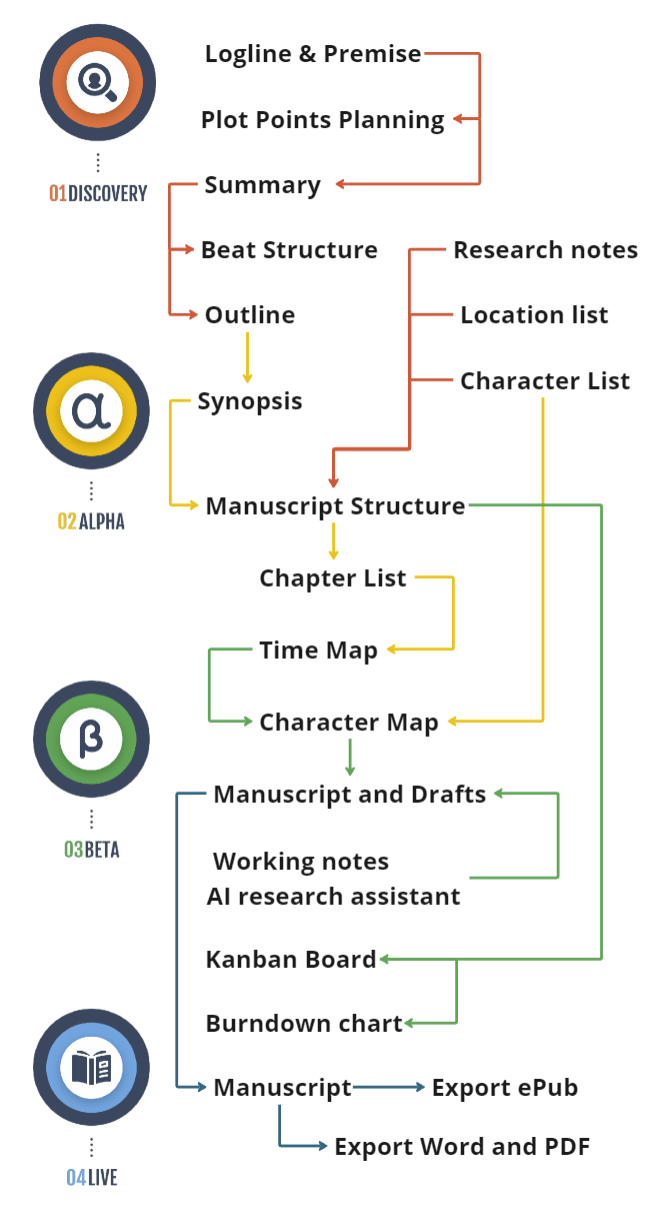“Do you have to be talented to write?” This is a common question I got from people that were thinking about writing their first book. It’s also the reason many people don’t start writing a book.
Talent is an aptitude, an inborn potential to perform better than others a certain activity. It’s also just 1% percent of writing a book. The rest is skill, an ability gained through hard work.
Let’s just clear something up right away. You do not need other people to tell you have a talent for writing. Even if you’ve subjectively been defined as such by your professors, friends or others, this is not a prerequisite to write a book. They call it writing skills for a reason.
I heard a few times this sentence: “Write a hundred thousand words first and then we’ll talk about starting to write.” I thought it was somewhat silly because other people told me I had talent already. A hundred thousand words later, I understood how wrong I was. Practicing writing, learning with every feedback, understanding that you’re honing your skills and will keep learning is the real win no matter if you’re tagged as talented or not.
It’s natural to look around the room and notice how your writing is not as good as other is. I do that myself with almost every recent book I read. There is always someone in the room who is able to write better and I’m lucky to know famous writers personally. I get strength from this. The difference between us may be just a lot more practice. A lot. The saying “practice makes perfect” holds true here.
Of course, even without a lot of practice there are writers that succeed fast with the first book. Nothing wrong with that, but this is an outlier. Exceptions. This happens. It could be you. Also, it will not be you if you just expect this to happen. Put the work in, write the words, learn, get better, read more and, if your first book gets to be a best seller, I’ll be happy for you and I’ll get fast back to my writing.
Every time I read one of my favorite writers, it feels overwhelming and impossible to match them or do better. I enjoy the book as I feel the sharks of deterrence getting close and get me to stop writing. Then, the book is over, I loved it and I just feel energized to get back to my writing.
If you practice, you’ll see improvement. If you don’t practice, you won’t. It’s that simple. Saying “I can’t do it” is self-defeating and does nothing for you. Sometimes it’s difficult to see the improvement you’ve made in your writing. But trust me, your readers notice. That is one of the gifts of publishing – getting real feedback about your progress from your readers.
There will always be more to learn, accomplish, and strive for. You never really arrive at the destination, so you might as well try to enjoy the journey.




